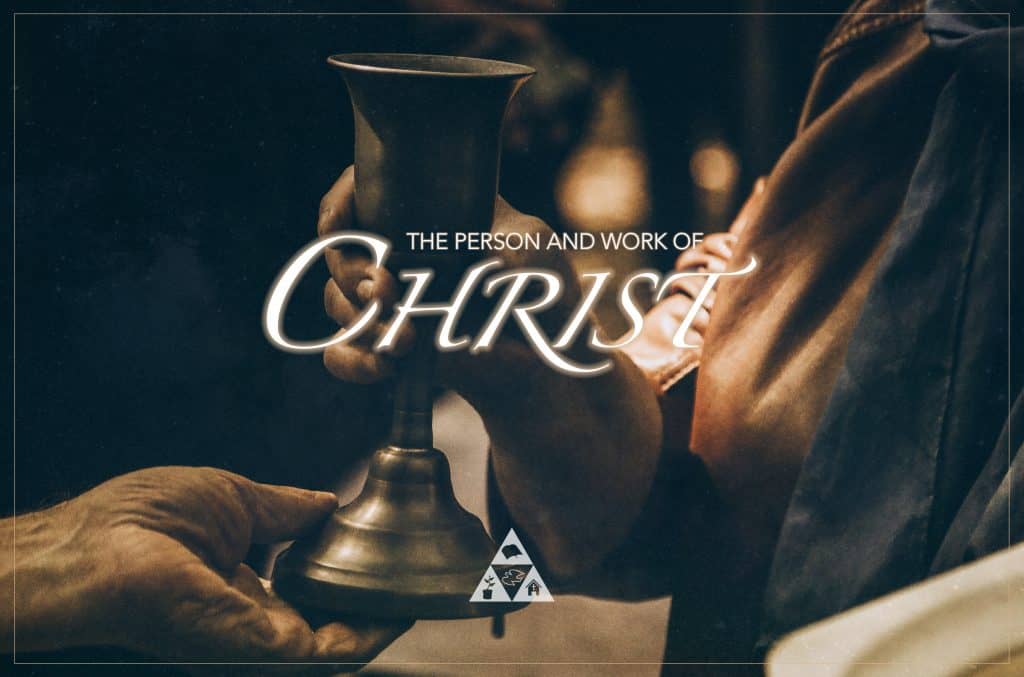⏱️ Estimated Reading Time: 8 min read
God’s judgment is just as terrible as his salvation is wonderful. Nowhere is this made more apparent than in the ninth chapter of Isaiah, as the Lord describes in vivid detail the impending doom that he will bring to those who have continued in rebellion against him:
“The Lord raises the adversaries…against him, and stirs up his enemies…[who will] devour Israel with open mouth. For all this, his anger has not turned away, and his hand is stretched out still” (Isaiah 9:11,12).
Describing here a judgment in which an entire nation is devoured, or “eaten alive” as we might say, God, says even this destruction will not satisfy his righteous anger against them. His anger is still not turned away; his hand of judgment is still not finished inflicting punishment. In verse 19, God says “the people are like fuel for the fire,” yet again the phrase is repeated: “For all this, his anger has not turned away, and his hand is stretched out still” (Isaiah 9:19, 21). In other words, no amount of temporal punishment can satisfy the eternal justice of a holy God. Even after we are brought to the grave, God’s anger against sinners is not satisfied, is not finished.
It is in the midst of this stark reality that we read the promise that Handel’s Messiah has so famously, memorably, and beautifully celebrated:
“For to us a child is born, to us, a son is given; and the government shall be upon his shoulder, and his name shall be called Wonderful Counselor, Mighty God, Everlasting Father, Prince of Peace” (Isaiah 9:6).
With the backdrop of God’s insatiable justice, we are made all the more appreciative of this prophecy.
To Us, a Child Is Born
Just two chapters before, Isaiah had stated that “the Lord himself will give you a sign. Behold, the virgin shall conceive and bear a son, and shall call his name Immanuel” (Isaiah 7:14). Immanuel means “God with us.” We might expect, though, that the sign that God himself—Creator, King, and Judge—had come to live among us would be mountains melting (like at Sinai), sinners being slain (like Uzzah coming in contact with the ark), and the glory of God forcing us all to our faces (like at Solomon’s temple dedication). But instead the sign—all the more remarkable for its unexpectedness—will be a virgin-born baby.
Larry King, the famous talk show host, was once asked who he would most want to interview if he could choose any historical figure. He replied, “Jesus Christ.” The questioner then inquired, “What would you like to ask him?” King said, “I would like to ask him if he was indeed virgin-born. The answer to that question would define history for me.” Truly, this sign was so striking, so unmistakable that unbelievers millennia later would still recognize the force of it.
And when Jesus Christ fulfilled Isaiah’s prophecy by being born of the Virgin Mary, angels would reiterate the truth that this miraculous child was born “to us” by declaring: “Unto you is born this day in the city of David a Savior, who is Christ the Lord” (Luke 2:11). Not for angels was this sacrifice made, not to perfect people was this gift given, but this child was born into the world to save sinners from their sins (Matthew 1:21).
Here, then, is the point that Paul draws from God’s gracious gift of his Son: “He who did not spare his own Son but gave him up for us all, how will he not also with him graciously give us all things?” (Romans 8:32).
Wonderful
Jesus does wonders, as God incarnate: “Who is like you, O Lord, among the gods? Who is like you, majestic in holiness, awesome in glorious deeds, doing wonders?” (Exodus 15:11). Jesus does not just do wonders, he is wonderful! As John Gill observes, Jesus is, indeed, wonderful in every aspect of his person and ministry: “wonderful in his life: wonderful in his death, that he should die at all, and that he would die for us; wonderful in his resurrection from the dead, which was by his own power; wonderful in his ascension to heaven; and wonderful he will be in his second coming to judgment.”
Counselor
The Psalmist wrote, “I bless the Lord who gives me counsel” (Psalm 16:7). And not just counsel, but a Counselor! Jesus promises to be with us always, even to the end of the world, and to send his Spirit to give us comfort, instruction, and direction.
And this Counselor gives perfect counsel, because in him “are hidden all the treasures of wisdom and knowledge” (Colossians 2:3). Thus he receives and needs no counsel, for “who has known the mind of the Lord, or who has been his counselor?” (Romans 11:34). It is no wonder that Isaiah would, later in his prophecy, cry: “O Lord, You are my God. I will exalt You, I will praise Your name, For You have done wonderful things; Your counsels of old are faithfulness and truth” (Isaiah 25:1 NKJV).
The Mighty God
Jesus is God. Nothing could be plainer from both the Old and New Testament. Isaiah declares that “his name shall be called,” among other accolades, “mighty God.” Some, of course, will do so joyfully and voluntarily by the grace of God, while others will do so finally and reluctantly in the last day. “For we will all stand before the judgment seat of God; for it is written, “As I live, says the Lord, every knee shall bow to me, and every tongue shall confess to God” (Romans 14:10-11).
The Everlasting Father
Isaiah here speaks of Jesus as the everlasting Father, not to describe his role or persona in the Trinity, but also to describe his ministry. The Psalmist had assured himself that even if “my father and my mother have forsaken me, but the Lord will take me in” (Psalm 27:10). Paul found just how true this “fathering” would prove to be, testifying that “at my first defense no one came to stand by me, but all deserted me … But the Lord stood by me and strengthened me” (2 Timothy 4:16-17).
The Prince of Peace
Perhaps most comforting against the backdrop of God’s insatiable judgment is Jesus’ role of divine peacemaker. If God’s wrath cannot be satisfied even by our death (that is why Hell exists), then how could we ever be reconciled to him or make peace with him as the holy Judge of all?
Paul answers this vital, heart-of-the-gospel question when he writes of Jesus that “he himself is our peace, who has made us both one … that he might create in himself one new man in place of the two, so making peace, and might reconcile us both to God in one body through the cross, thereby killing the hostility” (Ephesians 2:14-16). The everlasting enmity of God was poured out in full, and thus “slain” in effect, by the cross of Christ. By taking our sins in his own body on the tree, Jesus made peace between a holy God and sinful mankind.
The Psalmist had written of God that “he will speak peace to his people” (Psalm 85:8), but the mystery was how the good God could ever be at peace with such imperfect creatures. It was for this reason that Peter’s message, too, was centered around “the word that he sent to Israel, preaching the good news of peace through Jesus Christ (he is Lord of all)” (Acts 10:36).
How do we enter into this peace? Paul would insist that “since we have been justified by faith, we have peace with God through our Lord Jesus Christ” (Romans 5:1). And Isaiah declares that, for those who do enter into this peace by faith, the reconciliation they enjoy will be never-ending, for “of the increase of his government and of peace there will be no end” (Isaiah 9:7).
His Name Shall Be Called
Isaiah prophesied, and it has already been fulfilled regarding Jesus, that “his name shall be called” by many and mighty titles. But has he been called that by you? Is Jesus wonderful to you? Is he your counselor? Have you submitted to him as your almighty God, have you been comforted by him as your everlasting father? Are you trusting in him, not only for peace in your soul but for the necessary peace that must be made between you as a sinner and God as your holy judge? For those who do believe in him, Jesus offers this tremendous and lasting comfort: “Peace I leave with you; my peace I give to you. Not as the world gives do I give to you. Let not your hearts be troubled, neither let them be afraid” (John 14:27).




